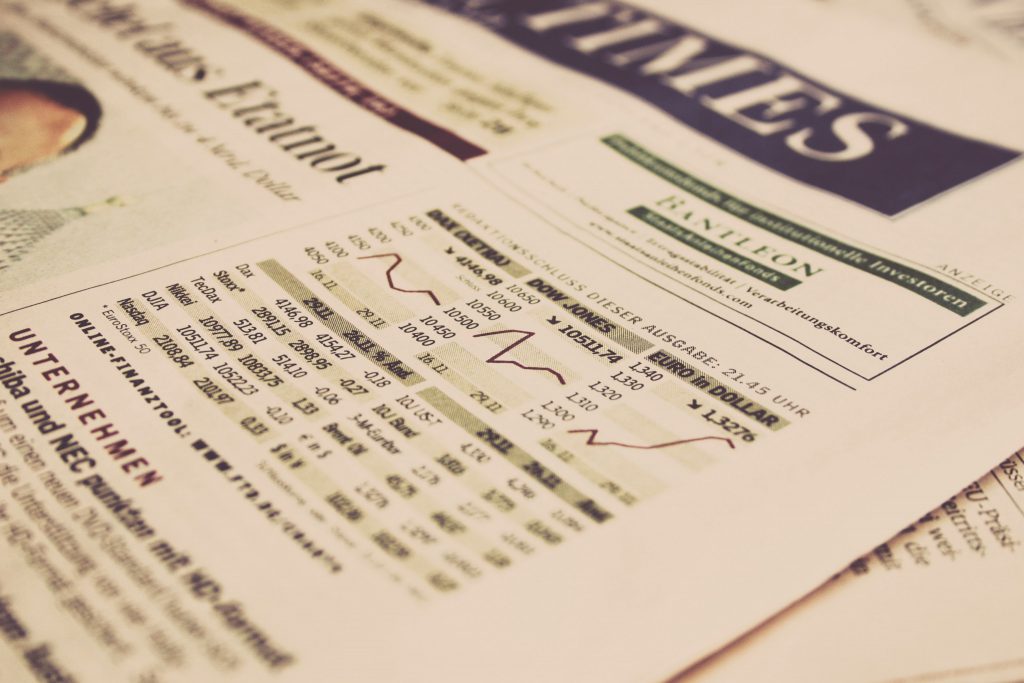One of the most common questions I get about investing is: “which one is a better investment – stocks or real estate?”
The question has been the rage of individual investors for a long time.
To answer it, we need to look at the underrated component of investment success: your psychology.
You see, what most investors ever think about is total returns – the returns you will make over the long-haul by owning something.
On that metric, stocks, which are ownership pieces of businesses, are one of the best-performing assets to own over the very long term. Over the last 50 years, the stock market has returned on average 10% per year.
Dollar for dollar, that’s several percentage points more than you’d get by investing in real estate (excluding leverage).
Therefore, you’ll often hear that if you want to build wealth, you need to invest it in stocks.
But the reality is that most investors never get those kinds of returns in the stock market.
In fact, most investors get between 2% and 3% returns per year in the market over the long-term.
Why? Because getting to 10% per year is a wild ride that most investors can’t stomach.
If you’re familiar with the stock market, you’ll know that it can vary wildly in price from one year to another (or even one week to another).
Some of the drops, or price rises, can be up to 30 or 40% per year (and sometimes much more).
But when these fluctuations happen, two natural human instincts kick in: fear and greed.
When the stock market rises 20%, everybody thinks they’re a stock market genius, and that their stocks will go up forever. As a result, they buy more stocks, thinking the good times can never stop. They get greedy.
And when the stock market then drops 30% the next year, they panic-sell because they think the drop will never stop. They get fearful.
What this means is that they buy at the top, and sell at the bottom – a recipe for poor performance.
When markets have fallen and are cheap, they stay away at all costs because now, ‘stocks are risky’.
But in reality, that’s the time they should be buying.
And when stocks then rise again, they get fearful of missing out, and invest at the top of the market, after all the gains have been made.
Fear and greed are the reason most investors don’t make any money in the stock market – and why many people prefer real estate.
Real estate is tangible, physical, and it feels more real. It’s something people can see, touch and use – but more importantly for long-term results, it’s something they can’t get a quote on every day – and that is hard to sell.
By not being able to see the price of their real estate investment every day, most real estate investors do not focus on the price of their property. Instead, they assume it always goes up over time (it usually does – just like stocks).
Even if the price of their property falls by 20%, they likely won’t see the difference. Their property is intact, and they still collect their rent or pay their mortgage.
Life goes on as usual.
Their emotions of fear or greed haven’t kicked in yet – and so they can go back to focusing on whatever matters to them most in life and hold their investments for the long-term.
If they ever were to panic, it would likely take them months to liquidate their property. By then, their emotional storm will probably have settled – and so it’s likely they would end up just staying the course.
The fact that people can’t get a price on – and have a harder time selling – property, is one of the primary reasons why a lot of investors prefer – and get better returns – with real estate.
That doesn’t mean, however, that real estate is a superior investment.
For centuries, the wealthiest people at any given time – whether from the times of Rockefeller and Carnegie, or more recently today with Jeff Bezos and Bill Gates – have been owners of productive businesses that create value.
But today, these businesses can be traded on a daily basis, and even though their long-term potential for wealth creation is still intact, most people can’t stomach the ups and downs.
You see, ultimately, your investment returns will depend in large part on your ability to deal with your own psychology.
And if you are the type to panic when the market drops – then you need to either…
a) train yourself or set up rituals & habits to not sabotage your own investment process
b) educate yourself on the value of owning businesses for the long run, no matter what they do in the short-term, or
c) stay out of stocks all-together
Which one you choose isn’t as important as being honest about which one it is.
You don’t need to own stocks. There are many other investments out there you can own that will produce a much better result for you if you have a tendency to panic-sell (which a lot of people do).
But being honest with yourself about your own ability to stomach volatility in stocks – or any other asset you might own, like gold or bonds – is key to your financial future.
Again, I’m not saying that you shouldn’t own stocks. I own plenty myself. What I’m saying is that you need to understand upfront whether you have the a) habits or discipline or b) the education to stick the course when things get tough.
If you don’t, you’ll spend your entire life chasing returns you’ll hear about, but never experience yourself.
To freedom,

